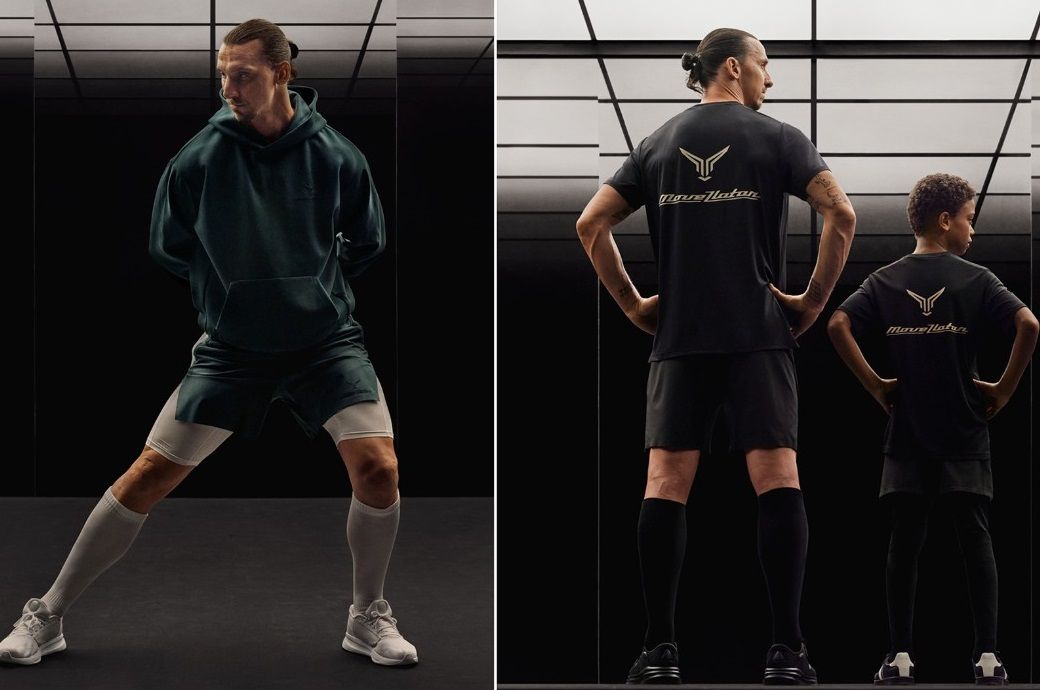Translated by
Nicola Mira
Published
June 28, 2024
At the annual conference of the Alliance du Commerce, the French retail association, held in central Paris on 27 June, a panel discussion was held on the strategies adopted by fashion chains to cope with the ongoing transformation of the clothing market. Three panellists, Virginie Reiss (CEO of Inditex France), Isabelle Guichot (CEO of SMCP Group) and Joannes Soënen (CEO of Jules) shared their views and analysed the role of physical stores, the resale market and the potential of AI, as detailed below.
Guichot’s first observation was that senior executives need to “manage uncertainty at a time when the industry is reinventing itself.” A situation in which it is “crucial to be agile.” The SMCP group he leads, which generated revenues of €1.213 billion in 2023, “is investing heavily in technology” to adapt to new solutions and new consumer preferences, who expect “a seamless experience in-store and online.” To motivate shop assistants, SMCP now gives them a commission on click-and-collect sales.
To generate sales where consumers are, the group, owner of Sandro, Maje, Claudie Pierlot and Fursac, “is relocating geographically.” Guichot, for example, recently visited India, where SMCP will open stores by the end of 2024. He believes that physical stores (which account for 78% of the group's revenue) still have a role to play. Reiss, from Inditex France, is of the same opinion and stated that the Spanish group is betting on very diverse premium retail concepts to “generate excitement.” He cited the shower-like fitting rooms at Bershka's newly opened flagship store on rue de Rivoli in Paris, and the clean, minimalist design of Zara's Champs-Elysées store, “which has changed its decor four times in one year.” , to adapt to the needs of clients who want to be treated in a personalized way. “At Inditex we have the right to make mistakes, and for this it is essential to have the courage to try new solutions,” added Reiss.

French menswear brand Jules is in the midst of a relaunch effort, “having lost its competitive edge” in recent years, according to Soënen, who took over the brand a year ago. Soënen’s strategy for Jules relies on a mix of tactics, including expanding the product range, cutting prices “to attract more customers” and transforming the brand’s retail network, which currently consists of 450 stores, in favor of larger units, with “60 [stores] The Brice name, under which 70 stores still operate, the brand was acquired by Jules in 2018, and will eventually disappear.
Among its ongoing projects, Jules has recently started testing a second-hand clothing resale centre, run by a partner, because Jules is “not interested in dealing with the logistics of second-hand products first-hand,” said Soënen. As for the financial profitability of this resale service, Soënen acknowledged that “profitability is not currently the main motivation” for experimenting in the second-hand market: “above all, we want to keep our customers within our ecosystem,” he said.

According to Guichot, entering the second-hand market is a way to “recover lost customers and establish a new connection. “This won’t revolutionize our P&L of tomorrow, but it is a solution that can help transform the business and ensure lasting success.” SMCP is testing several white label operators for each of its brands, to evaluate the potential of different solutions.
In France, where it has been operating with 273 stores for 36 years, the country is now the second-largest market for Zara's second-hand store, which was launched in 2022 and will be extended to France in September 2023. Inditex's French subsidiary will soon launch a “take-back programme”, which involves collecting used clothing in its stores for recycling. The clothing is then delivered to two specialist companies based in the Rhône region, which transform it into new garments. “We have tested their technology on the used uniforms of our shop assistants, which have been recycled to make eco-friendly fabric bags that are then sold in stores,” explains Reiss, underlining the “local roots” of this global group.

In terms of technology, AI has been a topic of debate. Soënen, who claims that Jules suffers from a “significant technology gap,” indicates that the company has since invested in AI and data management for “its logistics operations and for end-of-season sales. This season, the discount for each product is set by an algorithm and then approved by a human operator.” He believes that AI will allow “boosting individual productivity to build collective success.”
At SMCP, staff are using, or will soon test, AI tools for “simple mechanical tasks,” such as translating content or writing product sheets. According to Guichot, “the key area in which AI can be useful in our business is the scheduling of tasks, such as replenishment [stores] and business planning.
Inditex, on the other hand, is trying to “break down the data barriers with other sectors,” Reiss explains. That is, the group is combining data from the fashion world with information from the food and consumer services sectors, and connecting them to better determine needs and actions to be taken. The Galician group is already using AI to manage inventory planning and online assistants, particularly chatbots. “We have not yet addressed the issue of AI in physical stores, but it will be crucial in the future,” he says. To the point that it will replace human assistants?
Copyright © 2024 FashionNetwork.com All rights reserved.












